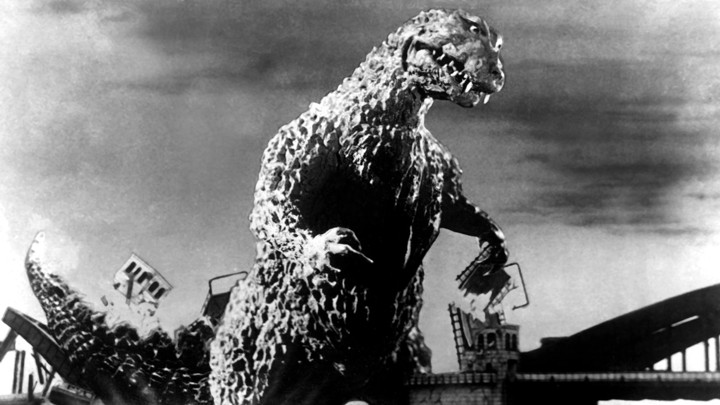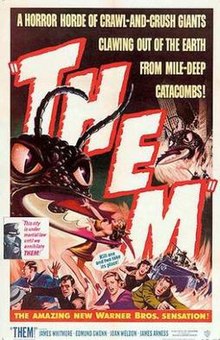Ok scientists, let’s extrapolate. Can we produce an organism that can eat spent fuel rods and solve our storage problems?
Unlikely, and rather irrelevant to this discovery, anyway.
To be clear, what the fungi in question are doing is somewhat akin to photosynthesis—the process by which plants get energy from sunlight. But instead of sunlight, they're getting energy from radiation. I'd started this paragraph by writing that the fungi are not eating radioactive material, but that's probably not entirely true. I'm sure that in addition to getting energy from radiation, in the remarkable way that they are, they are also eating organic material in their environment in the manner that fungi do, and just because they are in a highly radioactive environment, the material that they are eating is surely radioactive. But that's not what the article is about.
And even where a form of life eats radioactive material, that would not make it any less radioactive. The only thing that makes radioactive materials less radioactive is for the atoms of unstable isotopes to decay into other, more stable elements. And no chemical or biological process affects this.

